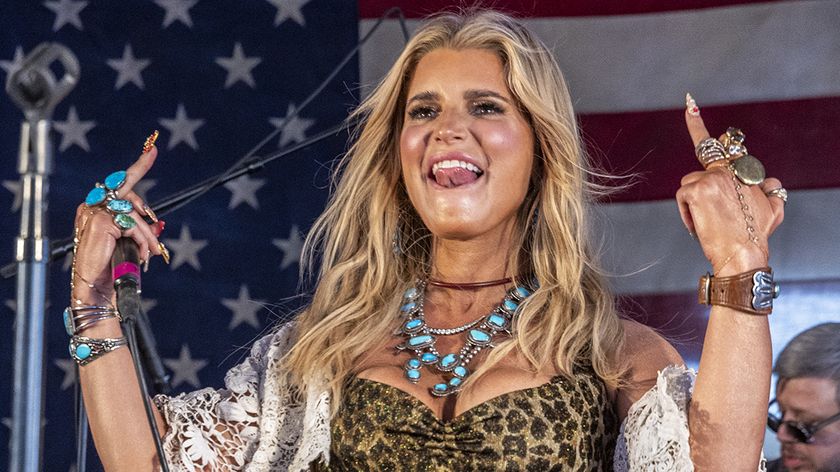
In June 1968, French "New Wave" director Jean-Luc Godard and his crew took their cameras to Olympic Sound Studios in London to shoot The Rolling Stones as they recorded the song Sympathy For The Devil.
Godard's footage of the Stones was part of a film titled after the song (done so by the producer; the unconvential filmmaker original called it One Plus One), which also included segments involving rifle-toting Black Panthers and used a voiceover promoting Marxism.
Now, the studio footage of the Stones (with a faraway-looking Brian Jones, and augmented with keyboardist Nicky Hopkins) has made its way online, and it's a fascinating time capsule. Check out the clips above and below, which depict the way that the song morphed from a mid-tempo country-folk number into the sinister, conga-and-maracas-heavy rocker we all know today.
Get the MusicRadar Newsletter
Want all the hottest music and gear news, reviews, deals, features and more, direct to your inbox? Sign up here.
Joe is a freelance journalist who has, over the past few decades, interviewed hundreds of guitarists for Guitar World, Guitar Player, MusicRadar and Classic Rock. He is also a former editor of Guitar World, contributing writer for Guitar Aficionado and VP of A&R for Island Records. He’s an enthusiastic guitarist, but he’s nowhere near the likes of the people he interviews. Surprisingly, his skills are more suited to the drums. If you need a drummer for your Beatles tribute band, look him up.

“If you want a good vocal, you gotta drink snake sperm”: Singer Jessica Simpson reveals the unusual drink that keeps her vocal cords in tip-top condition

“I was thinking at the time, if anyone wants to try and copy this video, good luck to them!”: How ’60s soul music, African rhythms and a groundbreaking video fuelled Peter Gabriel’s biggest hit









